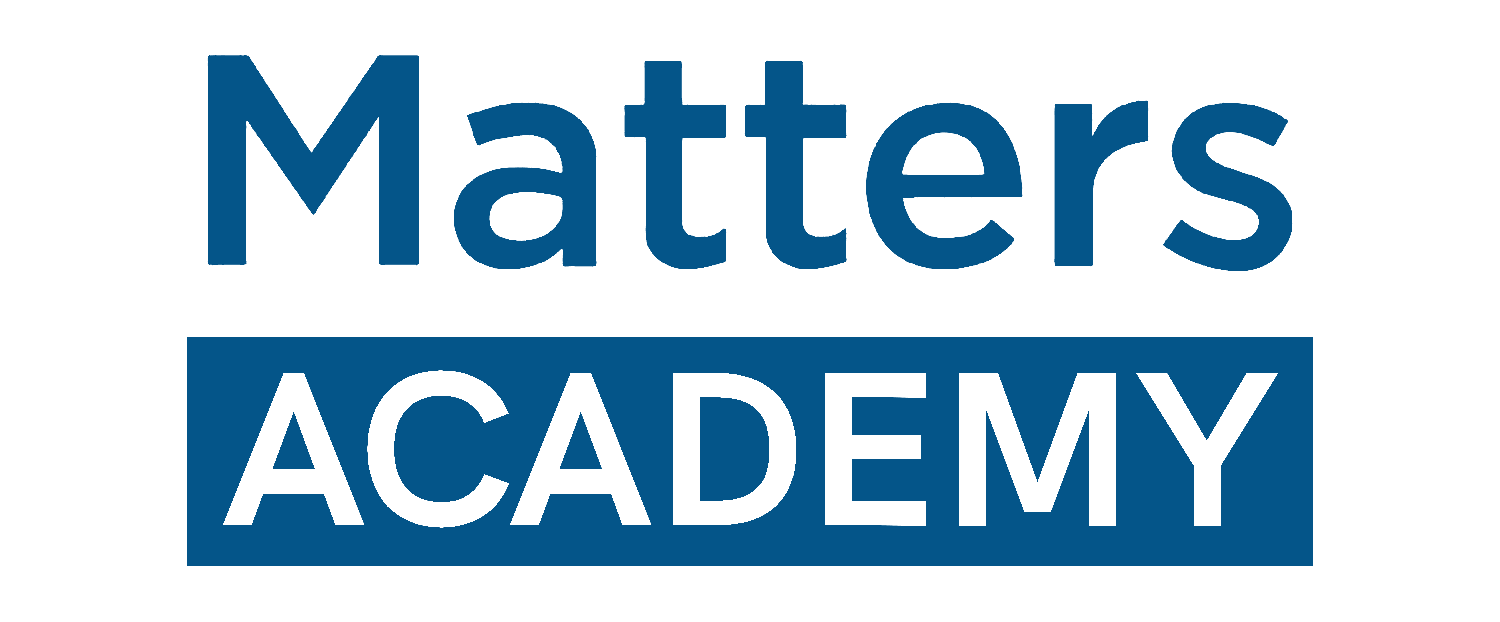Digital Transformation in Asia:
Bridging Efficiency, Sustainability, and Employee Well-being

The advent of the digital age has revolutionized the way businesses operate, bringing forth a myriad of tools and technologies. These innovations promise not only enhanced efficiency but also sustainable practices and streamlined data management. But what exactly are these tools, and how can they reshape the modern business landscape?
In today's digital-centric business world, leveraging these tools is paramount. As technology continues to advance at a rapid pace, businesses must harness the power of digital transformation to ensure they remain agile and future-ready. Crucially, these digital innovations are not restricted to just large corporations. Small and Medium Enterprises (SMEs) can, and should, tap into these resources to position themselves competitively in the market.
Technologies and Solutions for Digital Efficiency
- Hybrid Workplace Solution & Space Optimisation: Digital transformation has redefined traditional office environments. The hybrid workplace solution, combining remote and in-office work, offers unmatched efficiency in resource allocation and productivity. As highlighted by Ricky Chong, COO of Ricoh Hong Kong Limited, this strategy can conserve up to 30% of conventional office space. Moreover, over 60% of static work areas can transition into flexible shared spaces, catering to the diverse needs of employees. Paired with dynamic collaboration zones, these areas – complete with cozy lounges, discussion hubs, and innovative labs – are designed to enhance communication, collaboration, learning, and creativity among teams. Such setups enable businesses to significantly reduce waste and elevate operational efficiency.
- Intelligent Visitor Management System: Tools like the Intelligent Visitor Management System provide secure and streamlined visitor access while also refining employee interactions. This enhances data management and amplifies workplace efficiency.
- Smart Meeting Rooms & Interactive Whiteboards: In the modern business ecosystem, digital collaboration tools are crucial. Cutting-edge meeting rooms with real-time video conferencing capabilities facilitate seamless team collaborations, minimizing wasted time. Interactive digital boards further enhance team interactions, ensuring efficient data presentation and management.
- Sustainable Design & Intelligent Lighting Systems: The domain of digital innovation goes beyond mere efficiency; it champions sustainability. Intelligent designs that incorporate eco-friendly software and hardware reduce resource wastage. Advanced lighting systems, powered by smart technology, optimize energy consumption, further reducing waste and promoting an eco-friendly workspace.
- Digital Solutions for Enhanced Employee Communication and Well-being: In the digital transformation journey, tools fostering open communication and employee well-being are paramount. One such tool, Phoebe©, emerged from the vision of Anja Heck, an Organizational Psychologist and Managing Director of the award-winning Skywave Technologies (Thailand) Co., Ltd. Phoebe© was conceived as a solution to improve communication within companies, especially those that grapple with open dialogue, regardless of their global footprint. The aim was to craft a psychologically safe digital platform where employees and managers could communicate effortlessly, alleviating the stress often associated with in-person confrontations or idea exchanges.
FAQs
Q: How can SMEs effectively implement and integrate these digital tools?
A: SMEs should start by conducting an internal audit to gauge their current digital maturity and pinpoint areas ripe for digital enhancement. Collaborating with technology consultants or vendors familiar with businesses of similar sizes can be invaluable. It's vital to prioritize tools that align closely with core business objectives. Moreover, comprehensive staff training is pivotal for a smooth transition and optimal tool usage.
Q: What are the costs associated with adopting these digital tools and solutions, and what's the projected ROI (Return on Investment)?
A: Costs can fluctuate based on the specific tools and the breadth of their implementation. For instance, transitioning to a hybrid workplace might require investments in remote working tools, infrastructure upgrades, and potential office space redesigns. Nevertheless, the potential ROI can be significant. Benefits like reduced office expenses, heightened productivity, and enhanced employee satisfaction can lead to considerable long-term financial returns. It's wise to consult directly with vendors for detailed pricing and ROI forecasts tailored to distinct business needs.
Q: Are there real-world examples or case studies of businesses that have successfully adopted these technologies and seen tangible benefits?
A: Numerous businesses worldwide have embraced these digital tools and reaped positive results. For example, Ricoh Hong Kong has adopted the hybrid workplace model and observed benefits in space optimization and cost savings. A myriad of other companies, from startups to larger corporations, have incorporated various digital solutions, resulting in enhancements in efficiency, waste mitigation, and data management.
Conclusion
The digital age presents an extensive array of tools and innovations, each meticulously designed to bolster efficiency, minimize waste, and refine data management. As we navigate this era, businesses must proactively invest in these digital solutions, ensuring they remain relevant, efficient, and sustainable. By fusing technology with strategic execution, businesses can unlock unparalleled growth potential, cementing their position in the contemporary digital landscape.
THIS ARTICLE WAS CREATED BY
ESG Matters
Founded by one of the sustainability pioneers Dr Glenn Frommer, ESG Matters specialises in ESG data analytics, intelligent sensing technologies and sustainability advisory. Since 2014, ESG Matters has been a creator of digital platform solutions to meet the needs of sustainable impact investing and green financing. Working closely with listed companies, SMEs, and various growing organisations, ESG Matters aims to address the global market through providing business process outsourcing (BPO) services and solutions to achieve the relevant sustainable development goals (SDGs) and building resilience to climate change.
To learn more, visit http://www.esgmatters.asia
To learn more, visit http://www.esgmatters.asia

